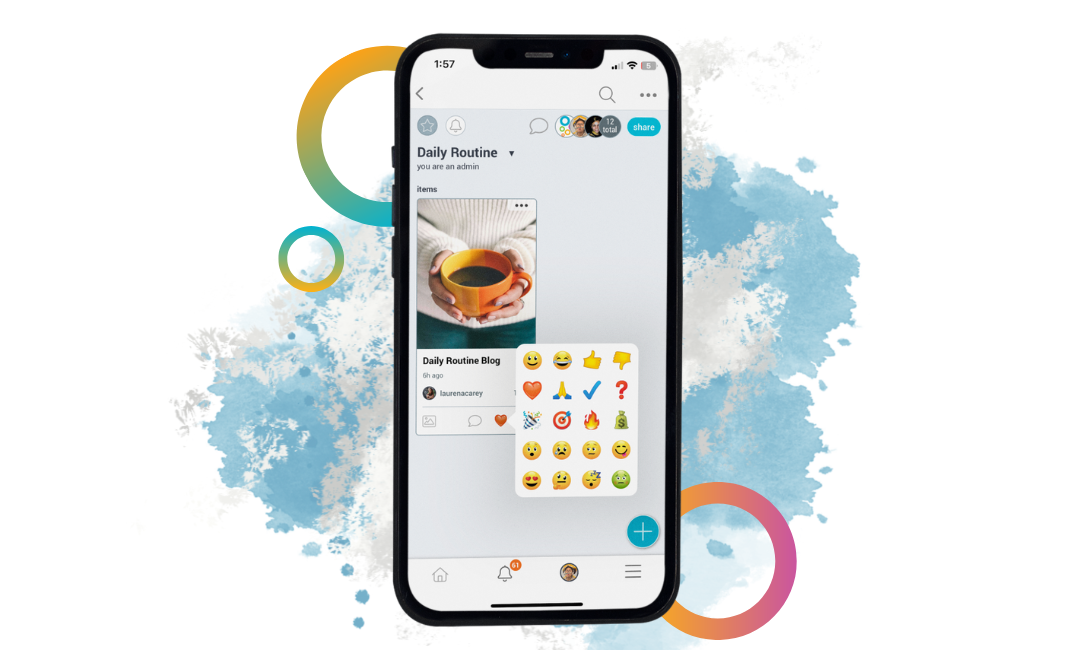Successful people have thrived due to their daily routines for centuries. Aristotle said that “excellence is an art won by training and habituation, ” and that “we are what we repeatedly do”, while Maya Angelou swore by a morning cup of coffee and would write from 7 a.m. to 2 p.m.
Even if you aren’t shooting for stardom, an effective daily routine can set you up for better productivity and help you get more out of life — no matter the season. A good routine helps you work towards your goals, and can even lead to better physical and mental health.
Working to Your Body Clock
As mentioned, productive writers like Maya Angelou wake up before dawn to get their day started. However, you may struggle to see the sunrise and actually derail your productivity by waking up too early. Instead, find a waking hour that suits you and your circadian rhythm.
Circadian rhythms are like personal body clocks that tell us when to wake up, when to work, and when to go to sleep. Fighting against your circadian rhythm will just lead to burnout and frustration.
Experiment with your daily schedule to find the timings that work best for you. For example, if you notice that you get your best work done in the morning, consider waking up a little earlier than usual and working before the dawn hour strikes. Or, if you notice that your brain comes to life in the evening, try sleeping in a little and working through the night.

Working to your body clock can help improve your productivity and stay healthy and happy even in later life. A good sleep schedule can reduce depression in seniors and help avoid the onset of insomnia. Utilizing routines to avoid conditions like insomnia is vital if you want to remain productive throughout your life — no matter your age.
Taking Breaks
Breaks are vital for productivity. A quick break can “reboot” your brain and help you find a solution to a difficult problem or see a creative challenge from a unique angle.
Microbreaks – short breaks under a minute – may be enough to help you rediscover your productivity in the middle of a stressful workday. Evidence suggests that these short breaks can reduce stress, improve engagement and make work more enjoyable.

You’ll still need to take longer breaks during the workday to maintain your productivity. Try to schedule these longer breaks rather than taking them at random. For example, if you’re a photographer, consider taking a break every time you finish editing a batch of photos for a client. Ideally, this should be once an hour, every hour during your work day.
When you’re on your break, try to complete simple tasks that take your mind off the problem at hand. For example, if you work from home, you might fold the laundry or do the dishes on your work break. If you’re office-based, a short walk or a quick stretch might be just what you need to refocus your brain.
Exercising
When striving for greater productivity, it’s easy to forget that your body has certain needs that must be met to live a healthy life. However, exercising regularly is an important part of self-care and can help you achieve greater productivity. Just exercising two and a half hours a week can be enough to help you reduce symptoms of anxiety and lower your risk of chronic health issues.
Set time aside during your workday to exercise. Ideally, you should exercise at a time when you struggle to focus on cognitive tasks and need to hit the “reset” button. The type of exercise you choose to do largely depends on your lifestyle and goals, but you can consider options like
- Couch to 5k programs
- PT-led lifting sessions
- Yoga
- Swimming

These options require a minimal amount of planning and preparation on your part. This is important, as you don’t want to spend your workday drawing up a workout regime for yourself. Invest in coaching and programming from a personal trainer, or keep it simple and attend a guided yoga or swimming class.
Socialization
Socialization is an important part of being human. However, many of us undervalue social interactions and see social events as a waste of time. In reality, socialization improves your health and may even improve your brain power. Researchers from the University of California suggest that when you are socially motivated to learn, you are more likely to memorize important details and perform to a higher standard.

Of course, not all socialization is equal. Spending time in a bar with your friends is a nice way to blow off some steam, but it’s unlikely to lead to better productivity. Instead, consider joining social groups that align with your overall goals.
For example, if you’re an aspiring author, you might benefit from joining a local writing group or book club. This will give you the social motivation you need to meet your writing deadlines and helps build structure into your days, weeks, and months.
Conclusion

A daily routine can bolster your productivity, boost your mood, and help you live a healthier life. Start by experimenting with your circadian rhythm to find a work schedule that works for you. Once you’ve identified your most productive hours, build in breaks and exercise that help you stay healthy and happy. If you need extra motivation, consider joining social groups that align with your interests and help you become more productive.












